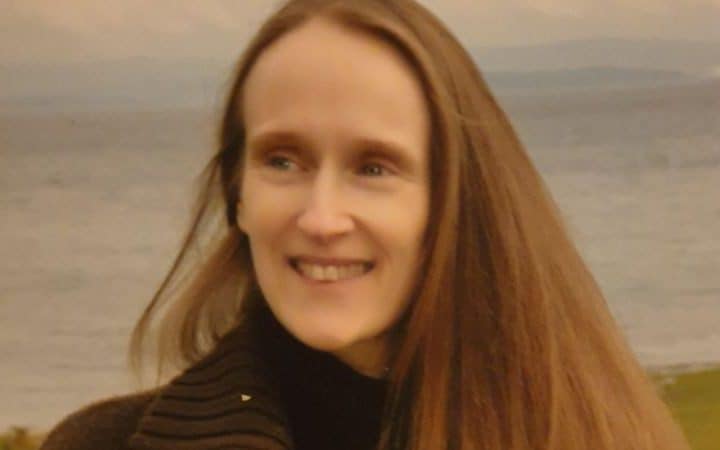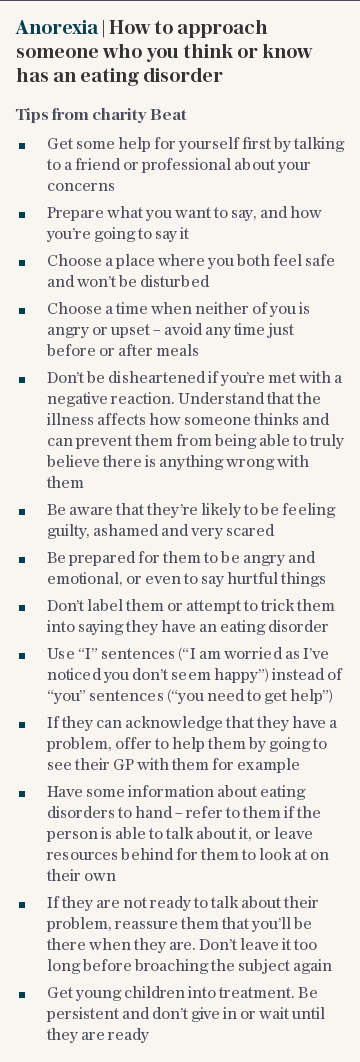Anorexic mother's death might have been avoided, coroner warns, in damning assessment of her care

An anorexic mother’s death could have been prevented if the NHS had not allowed her to “fall through the net,” a coroner warned yesterday, after hearing that she was left “entirely unmonitored” for several months.
Amanda Bowles, 45, was failed by the doctors before she died at her home in Cambridge, her inquest heard.
Sean Horstead, assistant coroner for Cambridgeshire and Peterborough, described aspects of Ms Bowles’s care as “disappointing” and “surprising”, noting a "conspicuous lack of safeguarding measures."
He warned of widespread “structural failings” in the monitoring of eating disorder patients which extend across the UK.
Mr Horstead ruled that a decision not to arrange an urgent mental health assessment in order to have Ms Bowles sectioned had contributed to her death.
Dr Jane Shapleske, a clinical psychiatrist at Cambridgeshire and Peterborough NHS Foundation Trust (CPFT), who assessed Ms Bowles just two weeks before she died, apologised to her family for failing to organise the assessment.
She found the mother-of-one's health had "significantly deteriorated" and that she "was at a high risk of death" but felt she would agree to a voluntary admission when a bed became available.
Ms Bowles was found dead at her home on September 7, 2017.
Mr Horstead said the problems medics faced in monitoring Ms Bowles were not the fault or responsibility of either the Cambridgeshire and Peterborough NHS Foundation Trust or her local GP surgery, noting that the “unsavoury reality” was that it was a problem that persisted on a national scale.
“It is clear from the uncontested evidence I have received that large swathes of eastern England still has no formally commissioned monitoring of mild to moderate and high risk eating disorder patients, and some with little or no eating disorder specialist psychiatrist input, and that remains the position across much of the country,” he said.
He recorded a narrative verdict, giving cause of death as pneumonia and anorexia nervosa.

Rachel Waller, Ms Bowles’s sister, told the Telegraph after the inquest: “There were just so many failings, again and again, on many levels.
“There remains no appropriate monitoring system for eating disorder patients in the country and that’s incredibly dangerous. It needs more funding.”
A spokeswoman for NHS England and NHS Improvement in the East of England, said they were "committed to expanding and improving access to eating disorder services in the community".
Ms Bowles’s death is one of five being examined by Mr Horstead following warnings of a growing crisis over the way anorexia sufferers are treated within the NHS.
He said he would prepare a prevention of future death report that will address the issue following the fifth and final inquest, which is due to begin on September 28.


